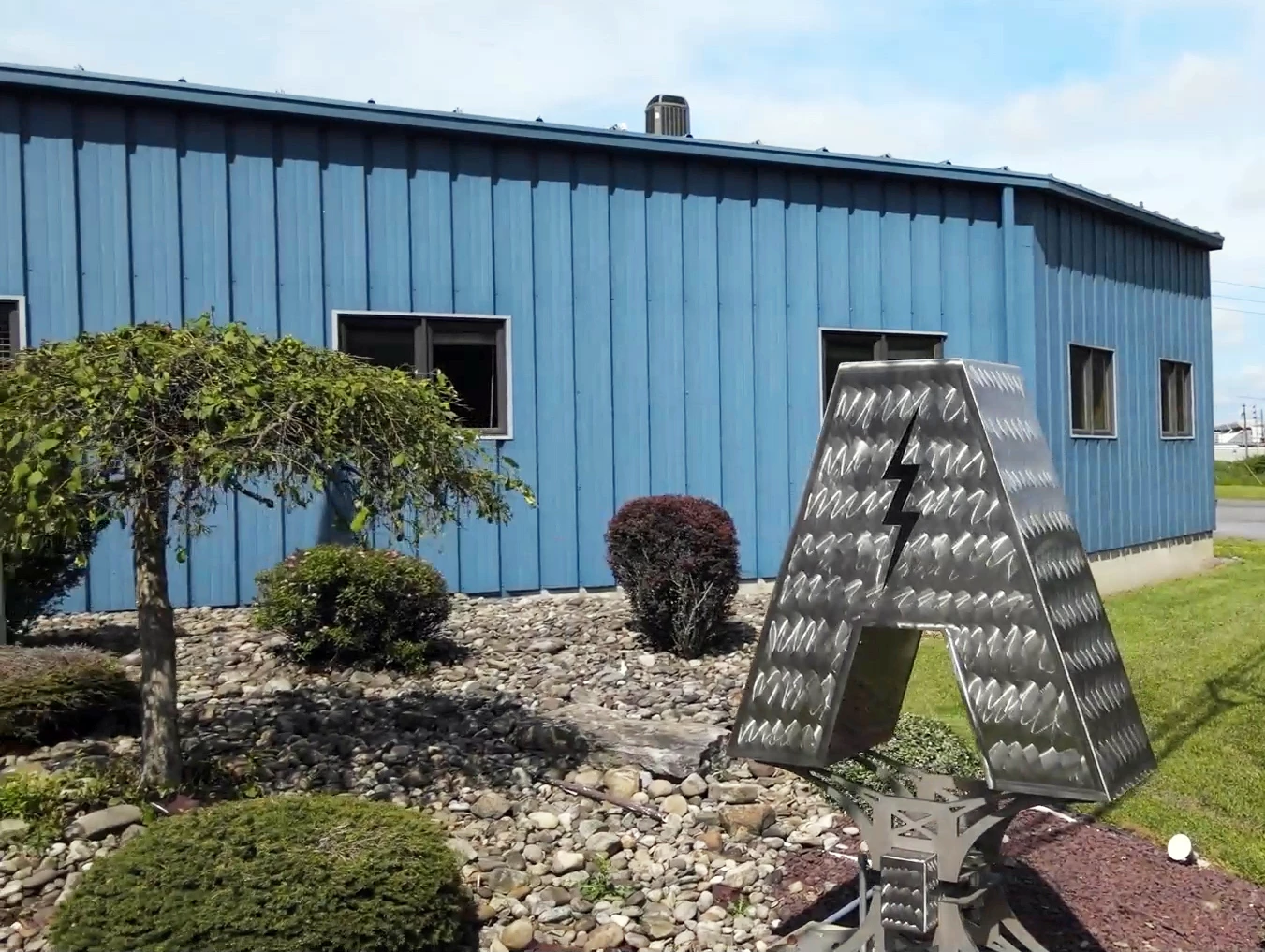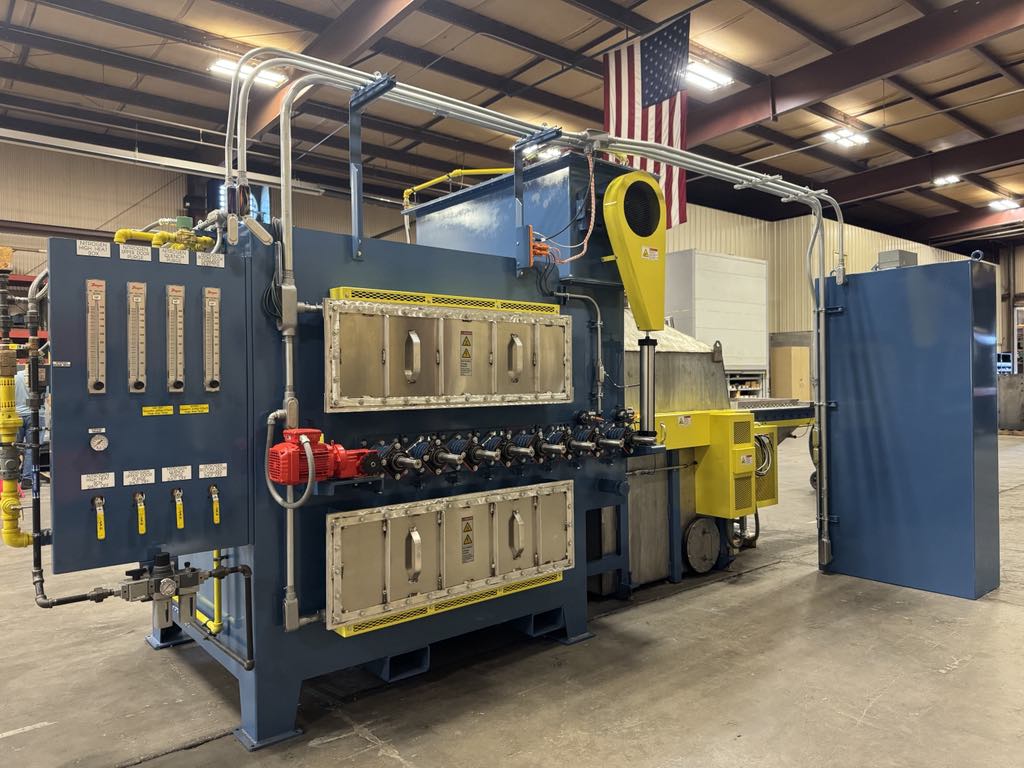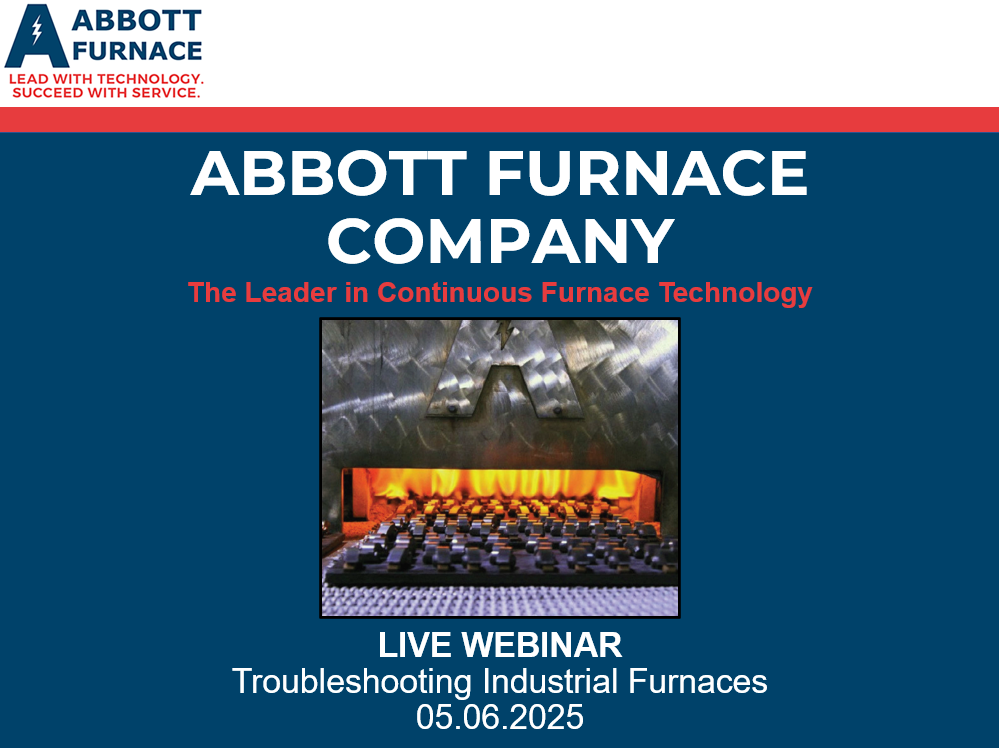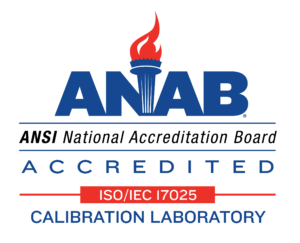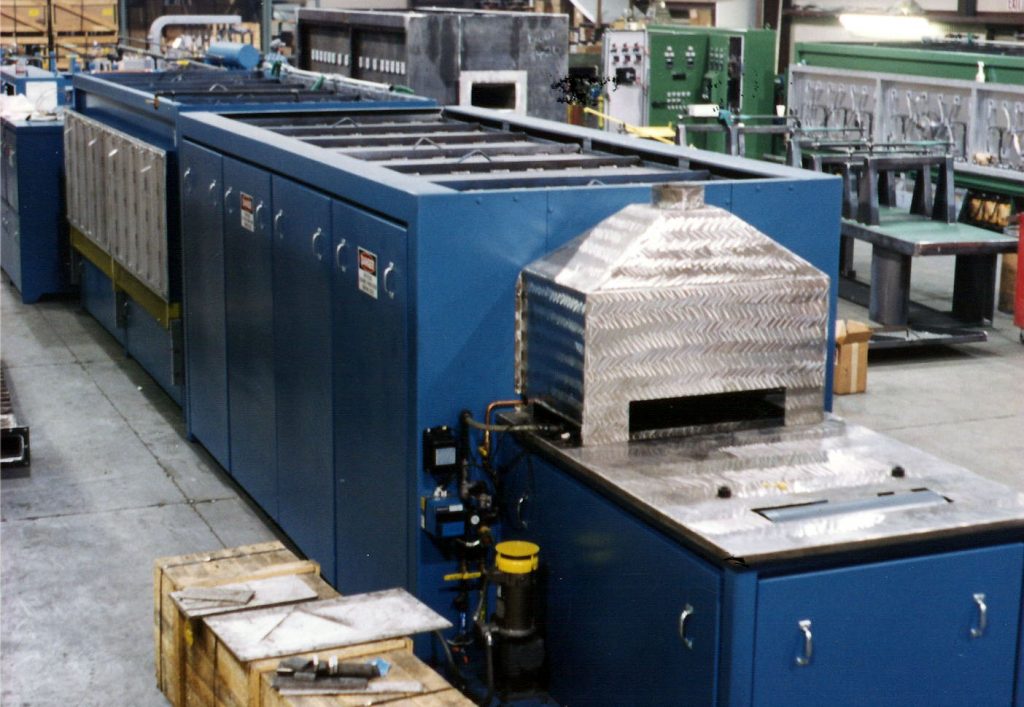
An industrial furnace is the beating heart of a heat-treatment operation and has to function flawlessly or production grinds to a halt. This is a big part of why industrial furnace maintenance is so crucial.
For instance, preventative maintenance can identify minor issues before they become a major problem, which keeps production moving and prevents expensive repairs. In addition, having a furnace maintenance program in place is especially important when operating temperatures are high and process environments are severe.
So, is your furnace running smoothly? If you have been ignoring the maintenance schedule for too long, then it is time to take action. This guide will help you maintain and troubleshoot any problems that may arise in your industrial furnace. You don’t want a faulty furnace to cause more harm than good!
What Is Furnace Maintenance?
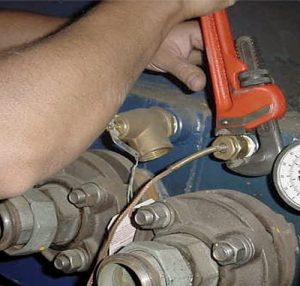 The work involved in maintaining an industrial furnace ranges from visual inspections to replacing wear and tear items like bearings, filters and linings. This work is done by both experienced furnace maintenance technicians from companies, like Abbott Furnace, and furnace operators. When we provide industrial furnace servicing and repair to an industrial furnace, we show its operators how to spot the first signs of trouble by smelling for gas leaks, listening for unusual noises and looking for indications of stress or wear.
The work involved in maintaining an industrial furnace ranges from visual inspections to replacing wear and tear items like bearings, filters and linings. This work is done by both experienced furnace maintenance technicians from companies, like Abbott Furnace, and furnace operators. When we provide industrial furnace servicing and repair to an industrial furnace, we show its operators how to spot the first signs of trouble by smelling for gas leaks, listening for unusual noises and looking for indications of stress or wear.
Regularly Inspect Vent Systems and Air Intake
When vents and flue passages become clogged with dust and soot, potentially dangerous gases can accumulate. Inspecting air intakes and vent systems on a regular basis prevents this from happening and keeps furnace atmospheres clean and consistent.
Cleaning or Replacing Filter
The filter should be cleaned or replaced every time an industrial furnace is serviced. Ignoring this simple yet crucial task can allow dirt and grime to accumulate and impair performance. Inspecting furnace filters can also help experienced maintenance and repair technicians to identify the causes of operational problems.
Examine Belts for Any Signs of Damage
The mesh belts that convey material through an industrial furnace play a crucial role in the heat-treatment process, but they are not as robust as rollers. Examining these belts for signs of damage or excessive wear and making necessary repairs is something our technicians do during every service visit, and we also check belt tension, camber and speed.
Test Furnace Temperature, Heating Elements, and Atmosphere
Maintaining a consistent temperature and atmosphere is vital during heat treatment, and even relatively minor fluctuations can greatly influence the quality of the final product. When an industrial furnace is serviced, it should be tested rigorously to ensure that it performs well at both the higher and lower ends of its temperature range. Atmosphere containment should also be checked, and heating elements should be inspected and tested.
Calibrating Thermostat If Needed
Calibrating an industrial furnace thermostat is a simple job that can profoundly influence production quality. When thermostats do not work properly, temperatures can rise above or fall below the desired range. During a routine furnace service, the thermostat should be checked for correct operation and calibrated if necessary.
How Often Should I Perform Furnace Maintenance?
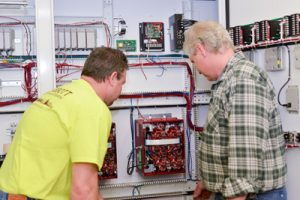 Industrial gas furnace maintenance should be scheduled as often as necessary. How often that takes place will be determined by the furnace’s workload and processes. Older furnaces may require more maintenance to keep them performing at their best, while newer units with sophisticated electronic monitoring and control systems could have longer service intervals. When deciding on an appropriate service schedule, manufacturers should err on the side of caution and lean toward too much maintenance rather than too little.
Industrial gas furnace maintenance should be scheduled as often as necessary. How often that takes place will be determined by the furnace’s workload and processes. Older furnaces may require more maintenance to keep them performing at their best, while newer units with sophisticated electronic monitoring and control systems could have longer service intervals. When deciding on an appropriate service schedule, manufacturers should err on the side of caution and lean toward too much maintenance rather than too little.
Abbott Recommends a Furnace Tune-up at Least Once Per Year
At Abbott Furnace, we encourage our clients to have their industrial furnaces serviced at least once a year. More frequent service intervals may be appropriate for furnaces that are older or in constant use. Service work is normally done onsite, but it may be necessary to perform industrial furnace repairs at a dedicated facility if an inspection uncovers a serious problem.
Regular Cleanings
Cleaning an industrial furnace can be just as important as checking that all of its components are in good working order. Some heat-treating processes produce large amounts of scale that can accumulate on furnace hearths and burners, which can cause clogs and impede combustion. This is why cleaning the process chamber and checking burners for obstructions is something that should be done during every industrial furnace service.
Maintenance for Switching Between Applications
Furnaces that are expected to handle several processes may require more maintenance. To ensure that switching applications is a seamless process, furnace service personnel should check and test components to make sure that they are functioning properly and meet industry standards. This kind of preventative maintenance can reduce downtime and improve efficiency.
Common Industrial Furnace Repairs
Routine furnace maintenance sometimes uncovers serious issues that require immediate attention. Some of the most common furnace repairs are:
- Heliarc welded cooler and muffle repairs
- Retort repair and reconstruction
- Refractory renewal and patching
- Controller replacement
- Rebricking and reinsulating
- Burner refurbishment or replacement
How Much Does Furnace Maintenance Cost?
 The cost of maintaining an industrial furnace is an investment rather than an expense. Furnaces that are poorly maintained produce lower-quality parts and tend to fail at the worst possible moment, which can be ruinously expensive. It’s best to manage your industrial furnace maintenance costs through prevention. In most cases, a small investment in preventative maintenance is all that is required to prevent costly shutdowns and ensure that furnaces provide years or even decades of reliable service.
The cost of maintaining an industrial furnace is an investment rather than an expense. Furnaces that are poorly maintained produce lower-quality parts and tend to fail at the worst possible moment, which can be ruinously expensive. It’s best to manage your industrial furnace maintenance costs through prevention. In most cases, a small investment in preventative maintenance is all that is required to prevent costly shutdowns and ensure that furnaces provide years or even decades of reliable service.
Cost Is Dependent on Varying Factors
The amount of money that should be set aside to cover industrial furnace maintenance costs will vary a great deal based on several factors. To keep these costs to a minimum, manufacturers should follow the guidelines provided by furnace manufacturers and train their staff to watch out for signs of trouble. They should also perform thorough due diligence before choosing a furnace service and repair provider and look for companies that have fast response times and an established track record.
Type of Industrial Furnace
The type of service work that is required is largely determined by the type of furnace and what it is used for. Furnaces that operate at extreme temperatures may require more care than units that are not pushed to their limits, and mesh belt systems must be inspected and repaired more often than rollers. Abbot Furnace can maintain and repair:
- Heat-treatment furnaces
- Steam-treatment furnaces
- Sintering furnaces
- Annealing furnaces
- Brazing furnaces
- Roller hearth furnaces
- Carbon belt furnaces
- Pusher furnaces
Age and Condition of Furnace System
The age and overall condition of the furnace should also be considered. Older units that have been neglected can be restored to like new condition by trained professionals, or they can be allowed to deteriorate further until a replacement is necessary. Regular preventative maintenance is the key to extending service life, maintaining product quality, and avoiding costly production delays.
Warranty
Industrial furnaces are complex and expensive pieces of equipment, which is why they usually come with comprehensive warranties. Failing to follow service schedules recommended by furnace manufacturers can void these warranties, which is one more reason not to neglect these important tasks.
Replacement Parts for Industrial Furnaces
Companies that maintain and repair industrial furnaces should maintain a comprehensive inventory of spare parts as part of their industrial manufacturing furnace maintenance program. They should also be capable of fabricating components from scratch to repair older units that are no longer in production. The parts we have made at Abbott Furnace include:
- Conveyors
- Dumping systems
- Retorts
- Muffles
- Cooling chambers
- Bins
- Baskets
- Hoppers
Contact Abbott for a Furnace Maintenance Program Today
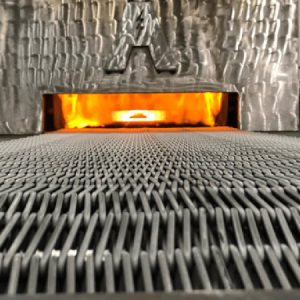 Abbott Furnace has been building, servicing, and repairing industrial furnaces for almost four decades, and our client list includes some of manufacturing’s biggest names. Companies that depend on their furnaces choose us because they know that our technicians are highly qualified and are dedicated to keeping their businesses running. If you would like to take the stress out of maintaining and servicing industrial furnaces, you can reach us by phone on (814) 781-6355, or you can simply fill out our online form.
Abbott Furnace has been building, servicing, and repairing industrial furnaces for almost four decades, and our client list includes some of manufacturing’s biggest names. Companies that depend on their furnaces choose us because they know that our technicians are highly qualified and are dedicated to keeping their businesses running. If you would like to take the stress out of maintaining and servicing industrial furnaces, you can reach us by phone on (814) 781-6355, or you can simply fill out our online form.


